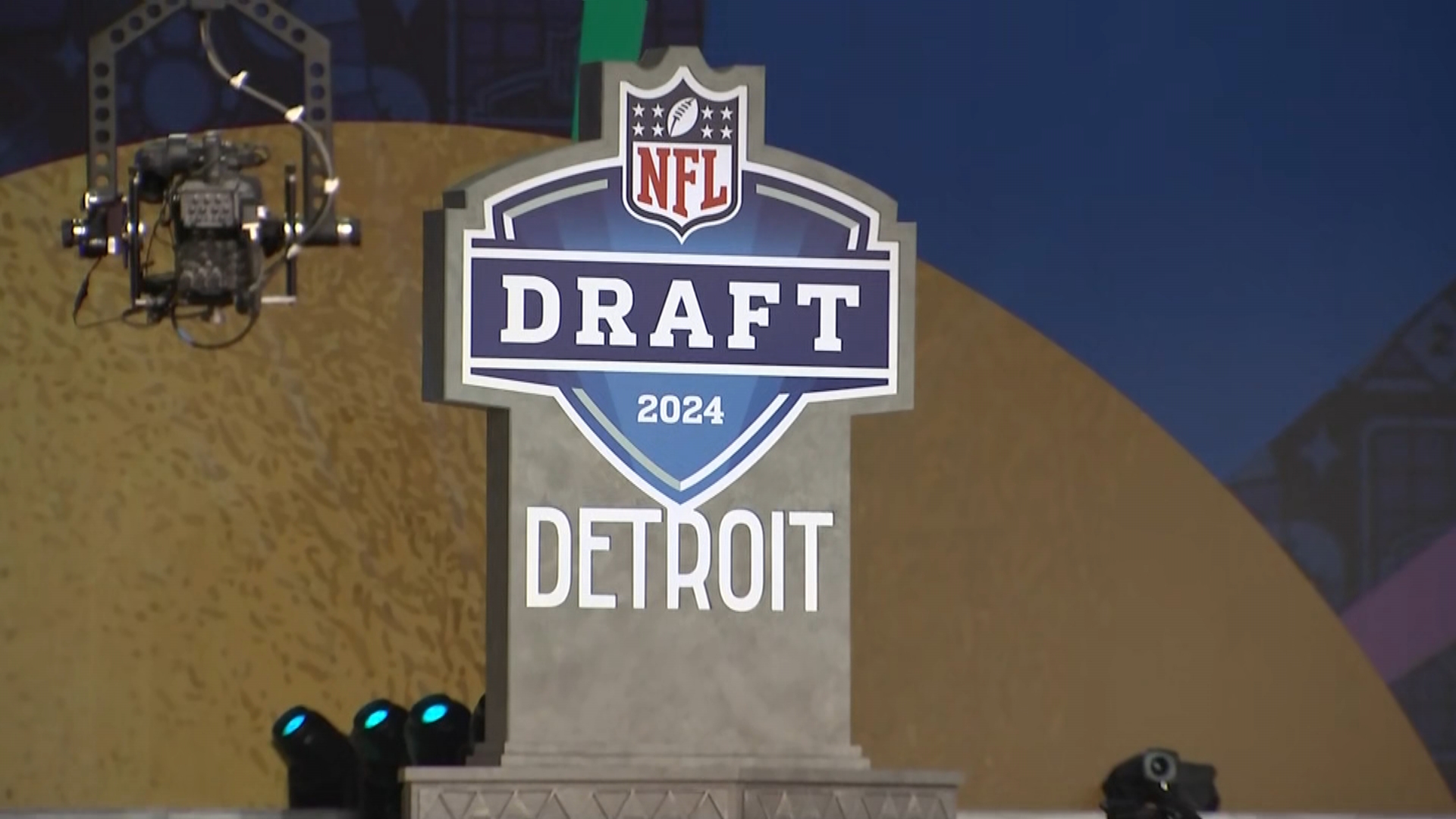A measure originally pushed by President Barack Obama when he was an Illinois state senator that would try to stop racial profiling by police is a step closer to permanently become law following Thursday's heated debate in the House.
The chamber voted 63-46 in favor of legislation that would extend the Traffic Stop Data Collection Act, set to expire in 2015. The measure -- HB4442 -- which requires police officers to record the ethnicity of every driver they stop, now heads to the Senate.
Originally sponsored by Obama and Democratic Rep. Monique Davis of Chicago, the law mandated the collection of traffic stop data by Illinois law enforcement agencies beginning in 2004 for a three-year period. It's been extended several times by the Legislature.
Illinois State Police data show that random stops of black motorists have decreased since the law's inception. Still, black and Hispanic drivers are more likely than white motorists to have their vehicles searched.
Obama had lobbied his colleagues for several years about the bill in the early 2000s, speaking about the racial profiling he'd seen while working in tough Chicago neighborhoods as a community organizer. A decade later, members of the House's Black Caucus stressed that racial profiling was still prevalent.
"I wish this bill was not necessary," state Rep. Will Davis, a Homewood Democrat, said Thursday. "But unfortunately, in some areas of this state, this does exist."
But state Rep. Eddie Acevedo, a Chicago police officer, said he doesn't pull drivers over "for the color of their skin."
Local
"I pull them over because they're a bad guy," he said. "I think we've done that study long enough."
Like Acevedo, law enforcement officials are largely opposed to permanently extending the act, citing the length of time it takes officers to fill out the forms and inaccuracies that occur when a driver's race is misidentified.
"The best way to do this (examine racial profiling) is not through a statistical study but through in-car cameras," Limey Nargelenas, a lobbyist for the Illinois Chiefs of Police, said.
The American Civil Liberties Union says extending the measure would be a "great policy victory for the state."
"We have been forced to do this dance every couple of years to renew this act," ACLU of Illinois spokesman Ed Yohnka said.
After he reached the White House, Obama spoke about a nationwide need for such legislation after the Trayvon Martin shooting, in which neighborhood watch volunteer George Zimmerman was found not guilty of second-degree murder. The Florida case ignited a national debate on racial profiling and stand-your-ground laws.



